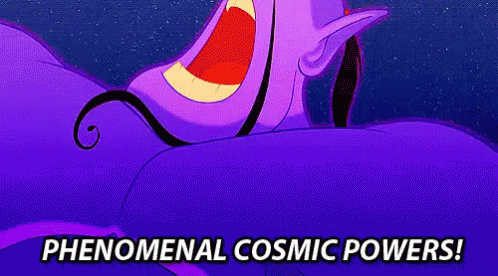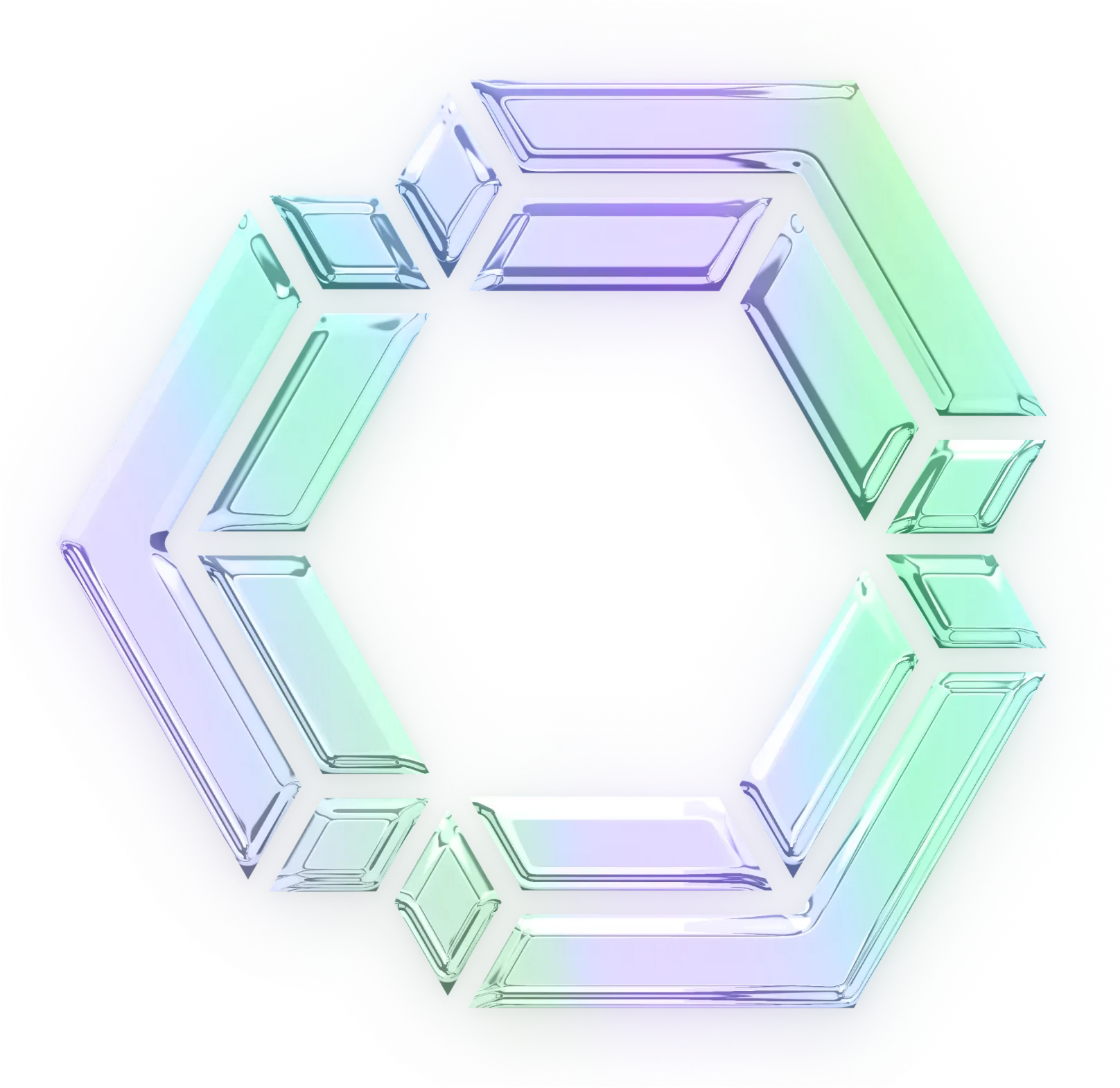Am I Nuts or Just Old?

I generally pass by spicy takes on the internet. Occasionally something provocative starts my brain going.
I regret nothing yet! fly.io/blog/youre-a...
— Thomas Ptacek (@sockpuppet.org) June 2, 2025 at 2:07 PM
[image or embed]
Lots of positive reactions and chiming in from commenters who say they too are surprised by their developer friends' reluctance to adopt AI tools. I'm not surprised at all. Social media and LinkedIn influencers have driven the hype to crypto-level absurdity. Every day, someone ships something that "totally changed the game." Every week, AGI is "just around the corner." Every month, "the end of developers is nigh."

Here is the thing, I don't think all that many of the "AI skeptics" are actually skeptical. I believe many of these would-be skeptics get labeled as skeptics for one of two reasons:
They point out rough edges and concerns at the beginning of a technology shift that is rolling out faster than any shift that came before it.
They don't want the thing they love, that they were present as kids at the beginning of, to be automated, replaced by human shepherding of natural language and remote agent workflows. I believe folks still yearn to type curly braces.
Understanding this distinction matters. These aren't people who hate progress. They're people protecting something valuable. The first group is doing quality assurance in real time. The second group is mourning a potential loss. Neither response is irrational, and both deserve better than being dismissed as "AI skeptics."
I'm actually writing software again for the first time in a long time because Continue amplifies my existing (though admittedly rusty) skills.
It's no secret that developers hate marketing. We're surrounded by companies and influencers pushing scarcity mindset narratives: "If you don't get on this boat right now, you're doomed." This sounds like marketing because we, especially senior developers, have seen these cycles before. Scarcity mindset narratives usually mean someone's trying to sell you something.
Does that make me a skeptic? No. I believe we're witnessing the beginning of the largest shift in our industry. But we're only at the beginning. This is all new. Should you figure out how to use these tools to your advantage? Absolutely. Continue lets me focus on the code while handling the drudgery.
But that's not what you see scrolling by everyday on every social network. There is a lot of excited energy around "vibe coding" and internet high fives for "one-shots," but that's not all of what's happening right now. You can also read about Airbnb migrating React testing in five weeks versus 1.5 years. That's the kind of practical, non-hyped writing that would-be skeptics might find compelling: working today, solving problems they have now. Meanwhile, the hype focuses on quantity over quality. Lots of folks are talking about how many billions of lines of code they whipped up yesterday. In my entire career I'm not sure I've ever heard anyone say:
"You know what we need? Another billion lines of code."
Here's something else I've learned about tech hype cycles over a very long career: the opposite of a champion is a challenger. And when you market AI tools as "replacing developers," you're accidentally turning developers into challengers instead of champions.
When I was at Docker in the beginning, I led the technical sales team. Docker had positioned itself as "the VMware killer." Nice tagline, press loved it, CxOs smiled thinking about cutting VMware bills. Did that happen? Nope. Why? Lots of reasons including the challenger problem.
Everyone wants a champion when bringing something new into an organization: someone inside the company who advocates for you. Do you know what happens when you walk into a company and say something like, "Hi, I'm from Docker, I'm here to help you ditch VMware"? You quickly meet all of the VMware admins: folks who've spent decades building careers on those tools, earned certifications, built their professional identity around that technology. Now they're your adversaries. They'll make sure you have the worst possible experience implementing that new tech, pointing out every flaw and rough edge.
The AI hype cycle is repeating the same mistake. When influencers and companies position AI as "the end of developers," they're creating an army of challengers who will point out every flaw, every limitation, every reason why it won't work. Instead of gaining advocates, they're manufacturing the resistance.
But what if we positioned AI tools differently? What if instead of threatening to replace developers, we focused on amplifying what they already love about coding?
Are developers like VMware admins? Not exactly. It's an imperfect analogy. But here's what I find interesting about the original post: I suspect the author's "skeptical friends" and I have a lot in common. Our careers likely started around the same time, and our industry is remarkably young. Some of these folks remember the time before PCs. I do. My childhood had no computers until middle school. Internet was dial-up in high school. My programming class used Pascal on a donated mainframe. I remember the first time I compiled something, ran it, and saw output on a terminal (literally a dumb terminal). I felt like Robin Williams' genie: "PHENOMENAL COSMIC POWER!"

That experience of being present at the beginning of something magical and transformative, watching an entirely new form of human endeavor grow up around you, shapes how you see new waves of change. You develop pattern recognition for what's hype versus what's lasting, what's a fad versus what's foundational. Which is why I'm not worried about the current moment.
I entered this career because I enjoyed it. I continue enjoying it now because Continue has helped me overcome my feelings of Software Disenchantment. My kid enjoys it too. They have a little programmable robot that runs Scratch or Python. They feel like masters of the universe making it turn circles and honk. "I did that!"
So I'm not surprised that some folks are not excited by hype or outcomes where "developers won't exist in X years."
I think a world without developers would be boring. I understand why businesses might want it, but I don't think it's likely. I've seen outsourcing, offshoring, low-code, no-code, and in the end, someone remains responsible for the code because there will always be code. That person needs to understand it because you own your uptime.
Adam Savage quoting The Dungeonmaster said it best: "I reject your reality and substitute my own."

Is there an alternative? This is why we at Continue created amplified.dev. It doesn't have to be about scarcity. It's not all "vibe coding." These tools are amazing and can absolutely improve your daily work today.
If you're curious about what amplified development actually feels like, I'd invite you to try Continue. It's open source, works in VS Code and JetBrains, and takes about two minutes to set up. 83% less hype. Just see for yourself whether it makes your coding better.

